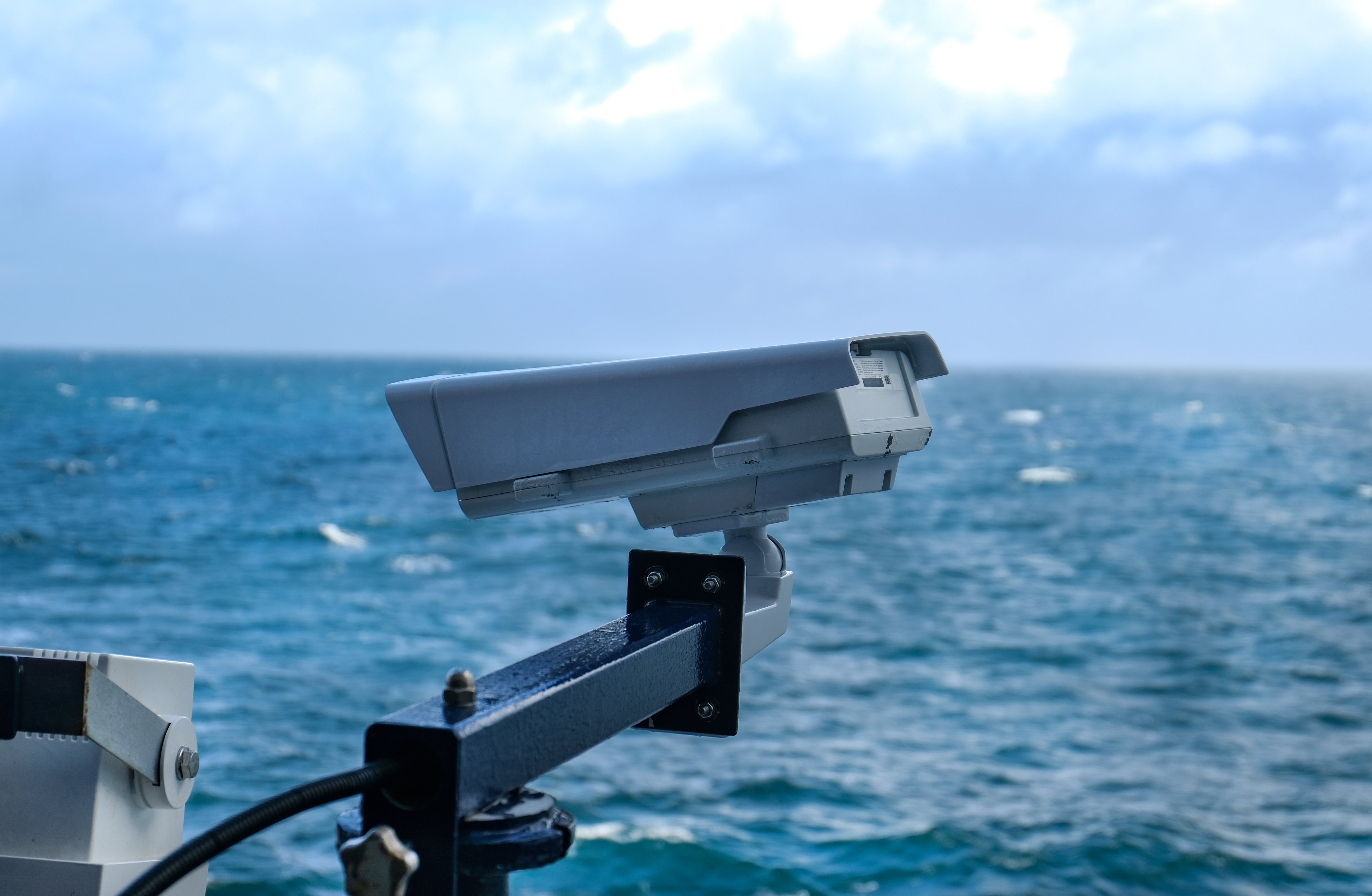
Blog
IP Surveillance System for Maritime Security: Embracing the Future
IP Surveillance System for Maritime Security
Maritime security has become an increasingly important issue in recent years, as the maritime industry has grown in size and importance. With the majority of global trade happening over the seas, ensuring maritime security is critical for protecting the global economy, preventing terrorism and other criminal activities, and protecting the environment.
One of the key tools for ensuring maritime security is the IP surveillance system. This technology allows for the monitoring of ships, ports, and other key locations using network cameras and sensors. The cameras and sensors are connected to a central system that can analyze the data collected and identify potential risks or threats.
Video management systems are the backbone of any comprehensive maritime security program. These systems allow for the management of all the video footage generated by cameras and sensors, providing a central place to store and analyze data. Video management systems also provide the ability to view live or recorded footage from different camera angles, making it easier to identify and deal with potential security threats.
Challenges Faced by the Maritime Industry
The maritime industry faces a number of challenges, ranging from piracy and terrorism to environmental concerns and regulatory compliance. In order to address these challenges, the maritime industry relies heavily on surveillance systems to monitor activity on the open seas and secure port facilities.
Unfortunately, the current surveillance methods used by the maritime industry have a number of shortcomings. For one, traditional analogue video surveillance systems are often ineffective at capturing clear, high-quality footage of ships and people at sea, particularly in low light or adverse weather conditions. Moreover, traditional surveillance systems often require significant human resources to monitor and manage, putting pressure on already stretched maritime security teams.
To address these challenges, the maritime industry is increasingly turning to IP surveillance systems as a more effective and efficient alternative. IP surveillance systems use digital video cameras that connect to a network, allowing operators to access footage from anywhere with an internet connection. This makes it easier to monitor and manage surveillance systems across multiple locations, reducing the need for human resources and improving response times in the event of an incident.
Understanding IP Surveillance System
IP surveillance systems, also known as network video surveillance systems, are advanced surveillance systems that leverage internet protocol (IP) technology to capture, transmit, and store video footage of an area or facility. These systems use digital cameras, network switches, and video management software to provide an interactive, remote view of critical areas within a property.
There are a plethora of benefits of using an IP surveillance CCTV monitoring system. These benefits include:
Advanced image quality
IP cameras provide high-resolution images that allow for more definitive identification of persons and objects.
Remote accessibility
With IP surveillance systems, users can remotely access live and recorded video footage, enabling them to monitor facilities and respond to incidents from anywhere with an internet connection.
Cost-effective
Traditional analog CCTV systems require the installation of numerous components, such as coaxial cables, splitter boxes and power supplies; whereas, IP surveillance cameras only require Power over Ethernet (POE) network switches, thus achieving a cost-effective alternative of analog CCTV systems.
Scalability
IP surveillance systems are easily scalable, and additional cameras can be added to an existing network without complex rewiring or additional hardware.
Advanced analytics
Many IP surveillance systems have integrated analytical features which can detect motion, facial recognition, and even license plate recognition to enable automatic access control and greater security.
Future of IP Surveillance System in the Maritime Industry
As the maritime industry continues to face a barrage of security threats, such as piracy, smuggling, and terrorism, the use of IP surveillance cameras will play an increasingly critical role in enhancing port and ship security. With the increasing automation of port and ship operations, the utilization of innovative IP surveillance systems could facilitate the remote monitoring and control of maritime operations in real-time. In conclusion, as technology continues to evolve and improve, the use of advanced IP surveillance systems will undoubtedly continue to play a critical role in securing maritime facilities and ships, ultimately enhancing the safety and security of cargo and crew alike.
Conclusion
The maritime industry faces a range of challenges that require effective surveillance systems to address. While traditional surveillance methods have serious shortcomings, IP surveillance systems offer a number of advantages that can help the industry manage these challenges more effectively. From improved image quality and easier remote access to cloud storage and better regulatory compliance, there are clear benefits to be gained from adopting IP surveillance systems in the maritime industry.
By bringing all these components together, it is possible to create a comprehensive maritime security system that can protect the global economy, prevent terrorism and other criminal activities, and protect the environment.


